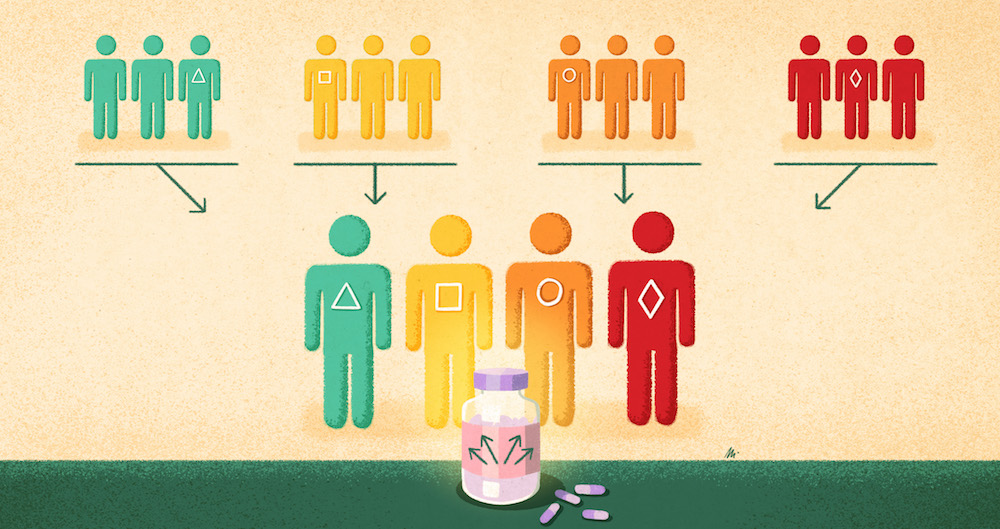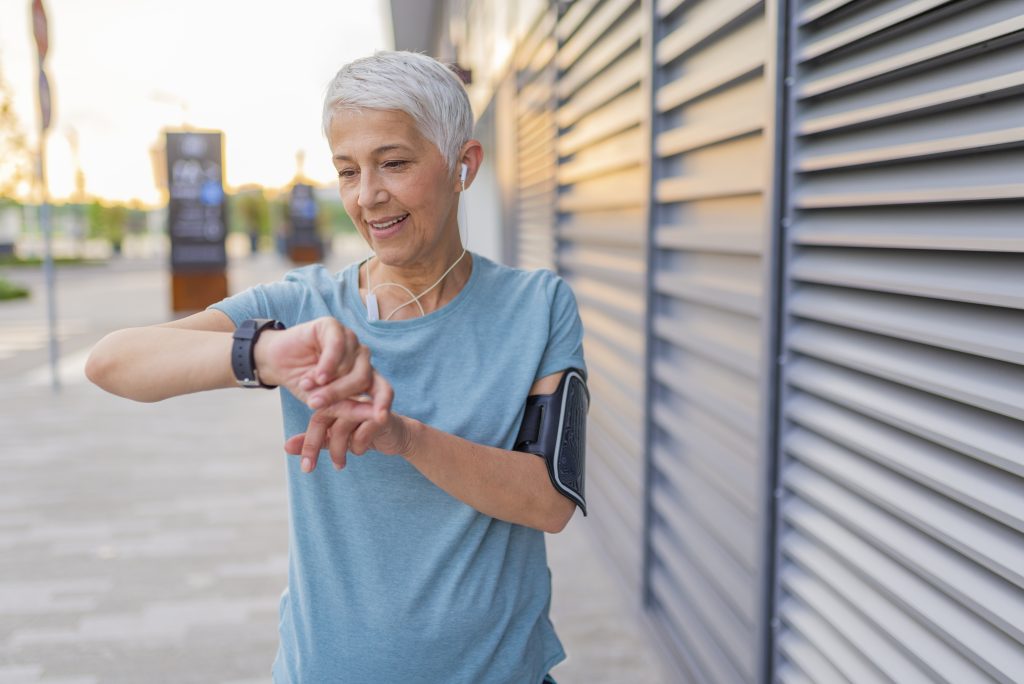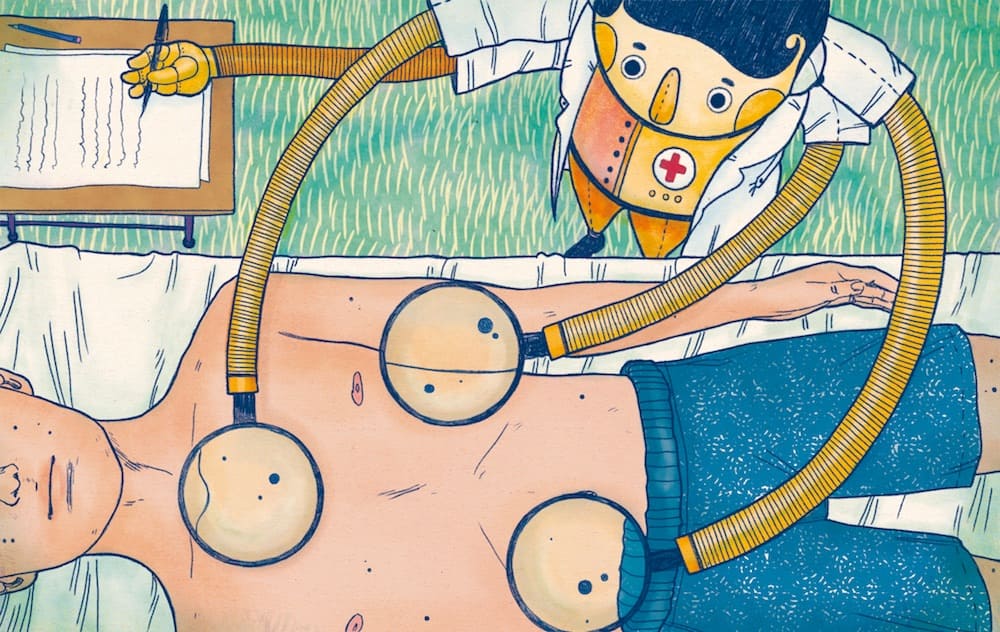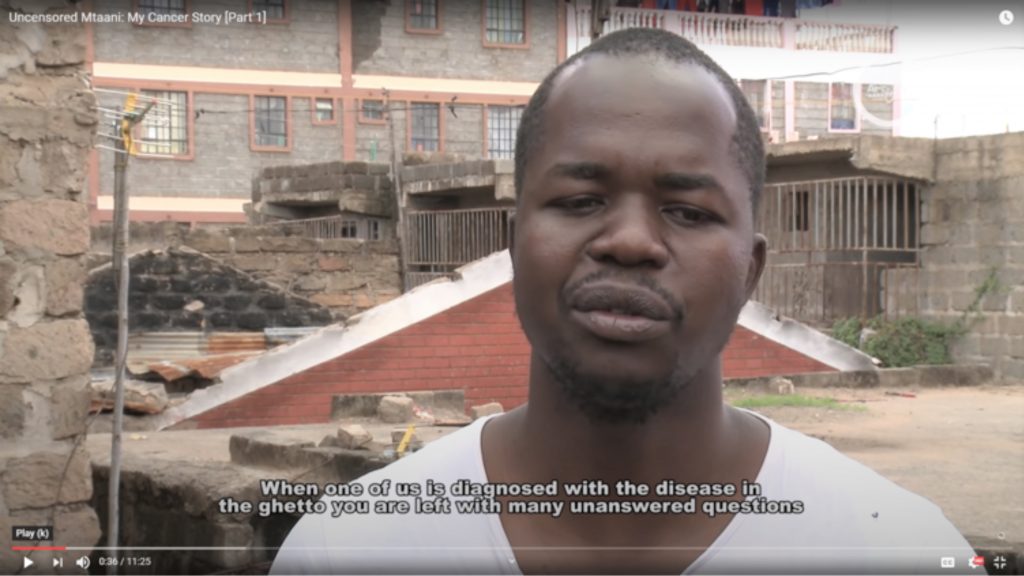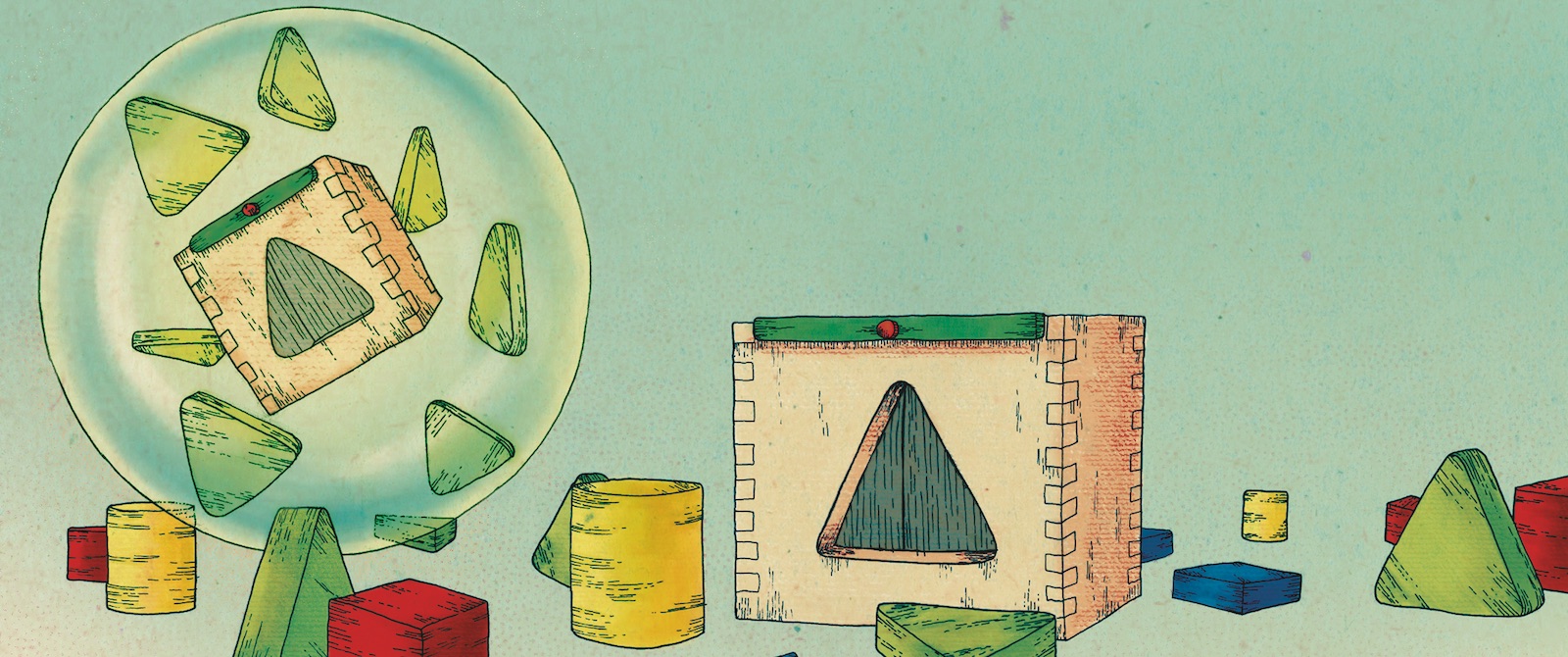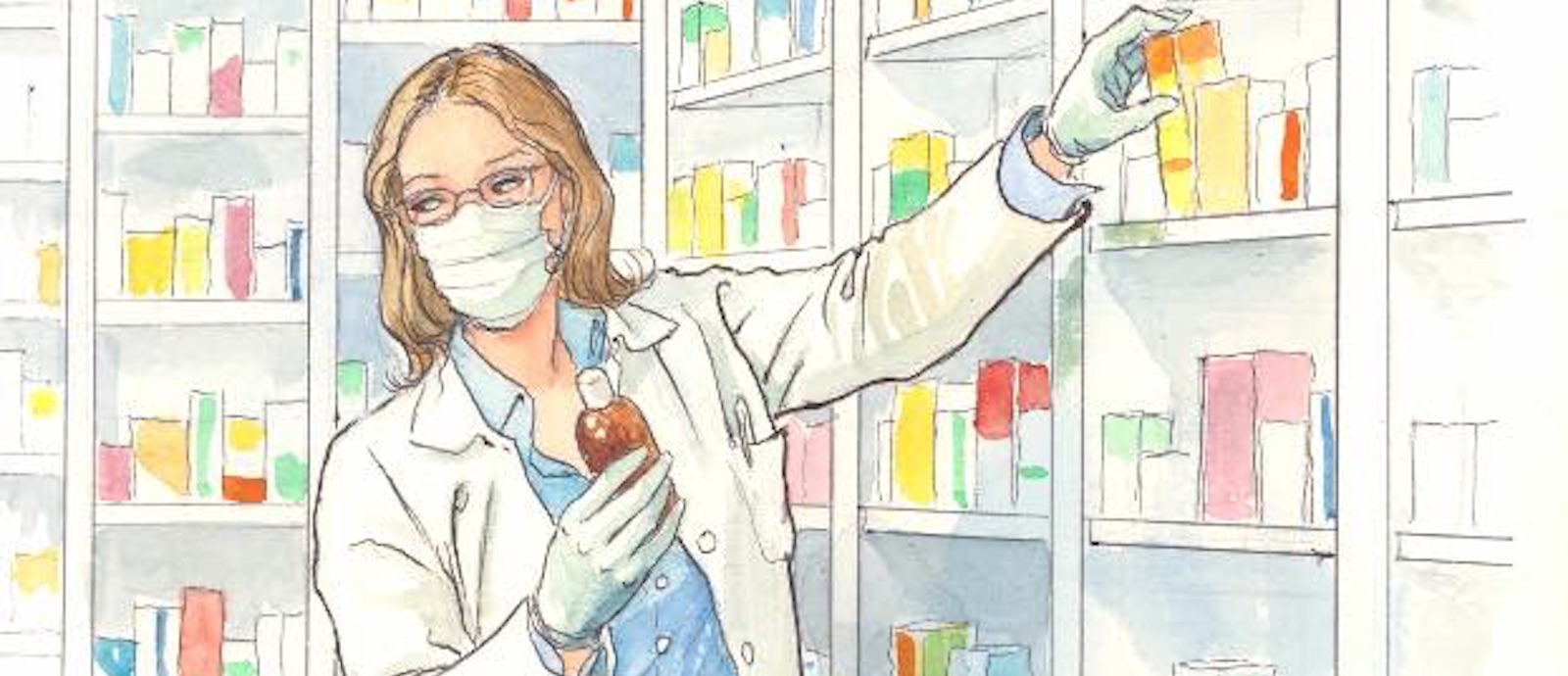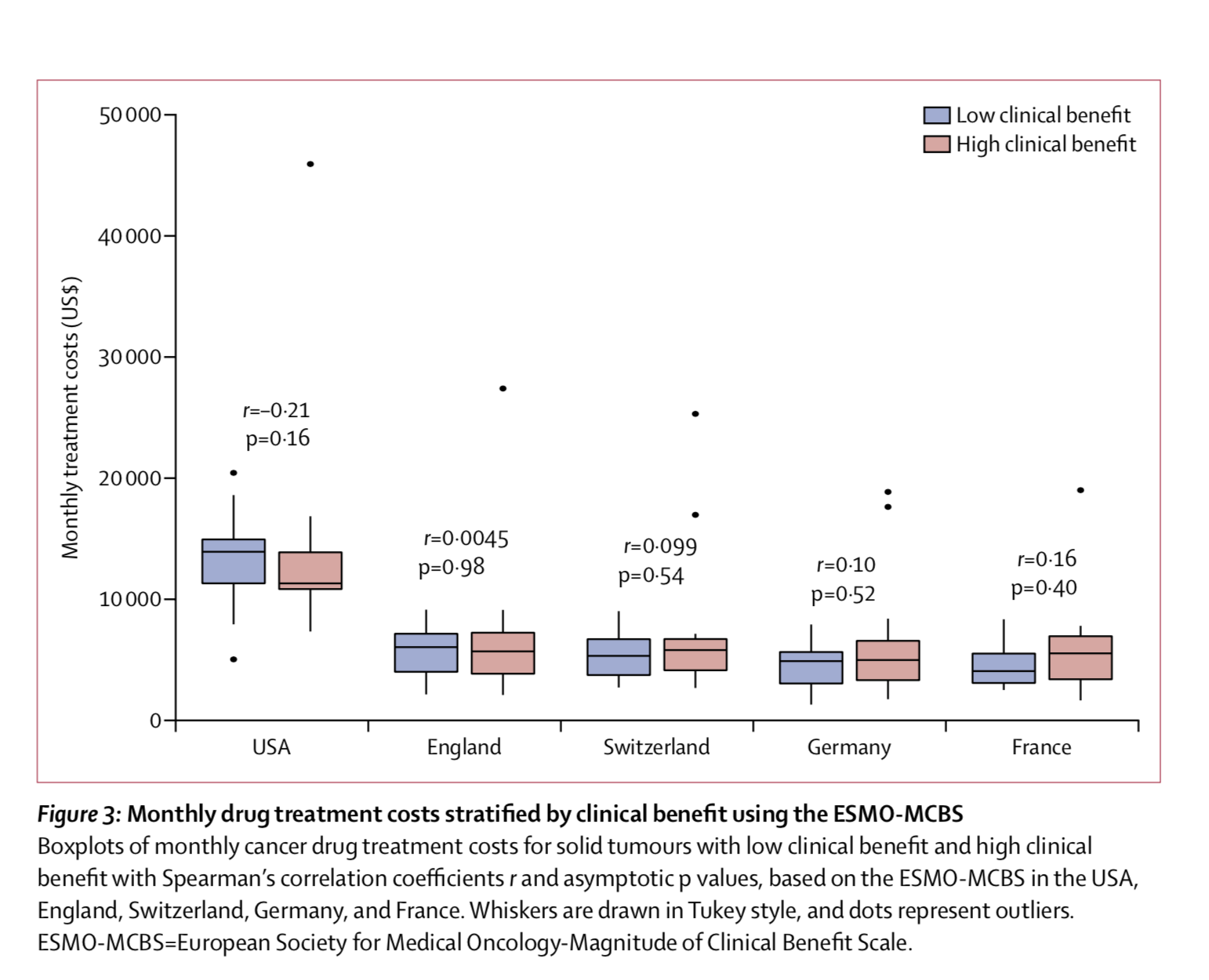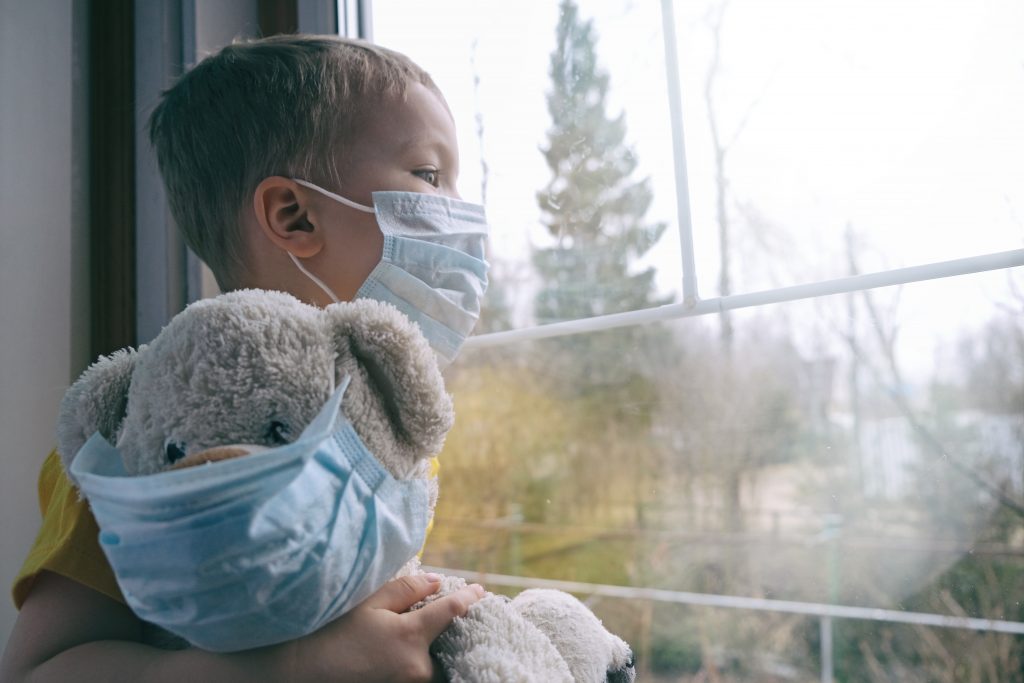Posts by year
2020
Are tumour-agnostic approaches the future for oncology?
According to Francesco Pignatti, Head of Oncology at the European Medicines Agency (EMA), the term ‘tumour agnostic’ is a misnomer. The definition of agnostic in ancient greek, he argues, is ‘lacking in knowledge’. But with these new approaches, it’s not…
Cancer prevention through physical activity and diet: an updated guideline from the U.S.
According to the latest update of the American Cancer Society (ACS) guideline, four main pillars are needed to keep cancer away using diet and exercise. Here they are: achieve and maintain a healthy body weight throughout life, be physically active,…
Artificial intelligence for skin cancer diagnosis, from science-fiction to reality
Artificial intelligence (AI) is a hot topic in many sciences, including medicine. A machine capable of making a medical diagnosis in full autonomy is fascinating and highly attractive. “Many years ago, in the movie Star Trek, the spaceship’s doctor diagnosed…
Telling stories about cancer ‒ six award-winning journalists show how it’s done
We often talk about the need to break down ‘silos’ in cancer care – to view treatment, care and research holistically, collaborating around patient needs. Who would have thought that journalists would show clinicians the way? Of all the changes…
The burnout epidemic in oncology, highlights form ASCO 2020
“Burnout is universal and no one is immune. We are all in this together and together we can come up with solutions”. Tara Sanft, Associate Professor of Medicine at the Yale School of Medicine, New Haven (U.S.A.), came to these…
Real world data: can we rely on it to shape cancer policies and practice?
In November 2018, the US Food and Drug Administration granted accelerated approval to larotrectinib (Vitrakvi), a drug that targets a neurotrophic receptor tyrosine kinase (NTRK) gene fusion in a range of adult and paediatric tumours. European approval followed last autumn.…
CCC-19 and TERAVOLT studies show strength and limits of research on cancer and COVID-19
The virtual scientific program of the 2020 American Society of Clinical Oncology (ASCO) Annual Meeting2020 hosted a special session on cancer and COVID-19 pandemic. Data from the Thoracic cancERs international coVid 19 cOLlaboraTion (TERAVOLT) registry and from the COVID-19 and…
Cancer drugs, costs and clinical benefits are not aligned
According to an international study just published in Lancet Oncology, the cost of new cancer drugs is not associated to the clinical value of the therapy: “In the USA and European countries, prices of cancer drugs should be better aligned…
EORTC pushes for the State of Science in Care
Covid-19 has taught us that we need to think differently about many issues. One of the most important, in my view, is that we need to be ready to act quickly and decisively rather than just identifying and talking about…
A global registry for children with cancer and COVID-19
While a deeper knowledge about the impact of COVID-19 disease on cancer patients is essential, sharing information is likewise important. For these purposes, a number of registries, which gather different data including patients’ outcomes or treatment, are being set up around…

